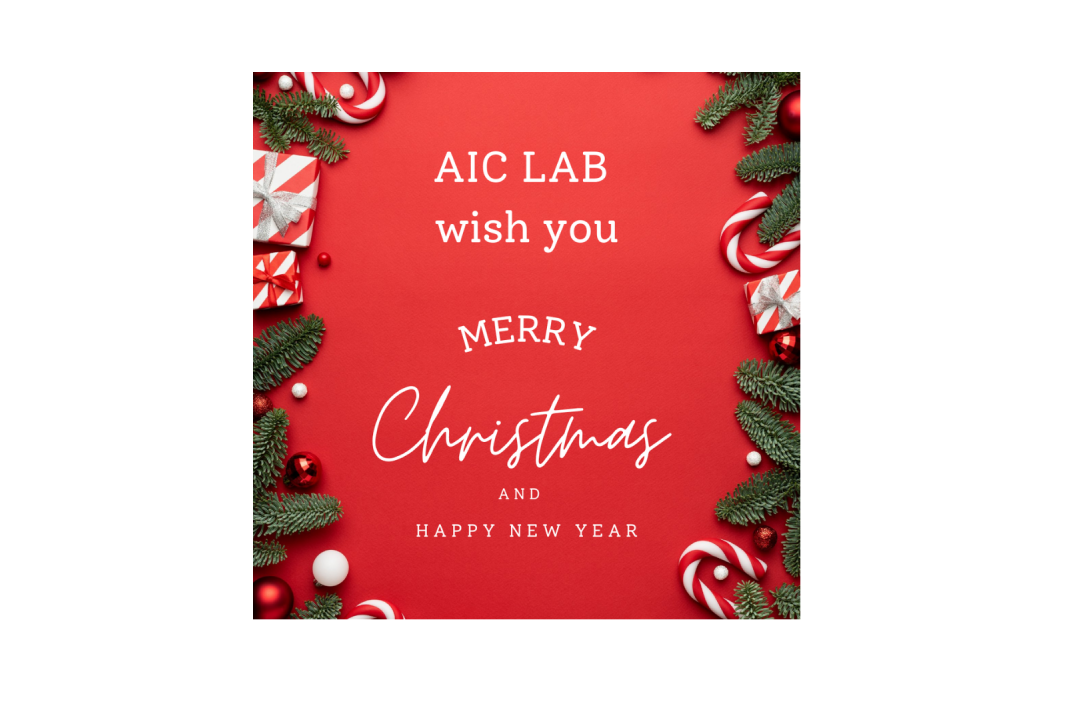About the Laboratory
Welcome to the AIC Lab. We create cutting-edge deep learning technologies for biomolecular medical data analysis to be used in life sciences and biomedical applications. We are an international, English-speaking, multidisciplinary group with a background in computer science, math, and molecular biology.
Join the English-speaking AIC Lab and gain hands on experience with high-performance computing technologies, statistical testing methods, and deep learning methods applied on interesting real-life applications. Research projects are available at any levels (BSC, MSc, PhD, Post-doc, summer practice, and summer internships).
.jpg)
“I got the opportunity to see the computer science principles applied in a different domain. It’s one thing knowing that they can be applied in multiple domains but it’s another seeing it up close.”
Frank Acquaye is a PhD student atthe Department of Data Analysis and Artificial Intelligence, Faculty of Computer Science, National Research University Higher School of Economics. As part of his postgraduate studies, Frank spent several months inthe Noble Research Lab at the University of Washington, USA, where he did research.
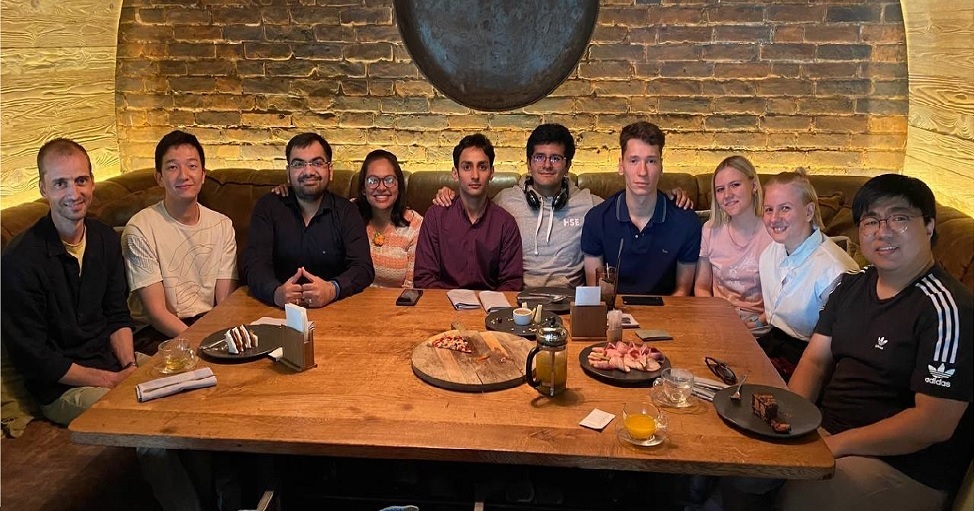
AIC Lab Celebrates End of School Year
Members of AIC Lab met in an informal setting to celebrate the end of the academic year.

Attila Kertes-Farkas received the best award for his presentation at IMLC 2023 conference
The head of AIC Laboratory, Attila Kertes-Farkas, was awarded for the best presentation at the ICMLC 2023 conference.
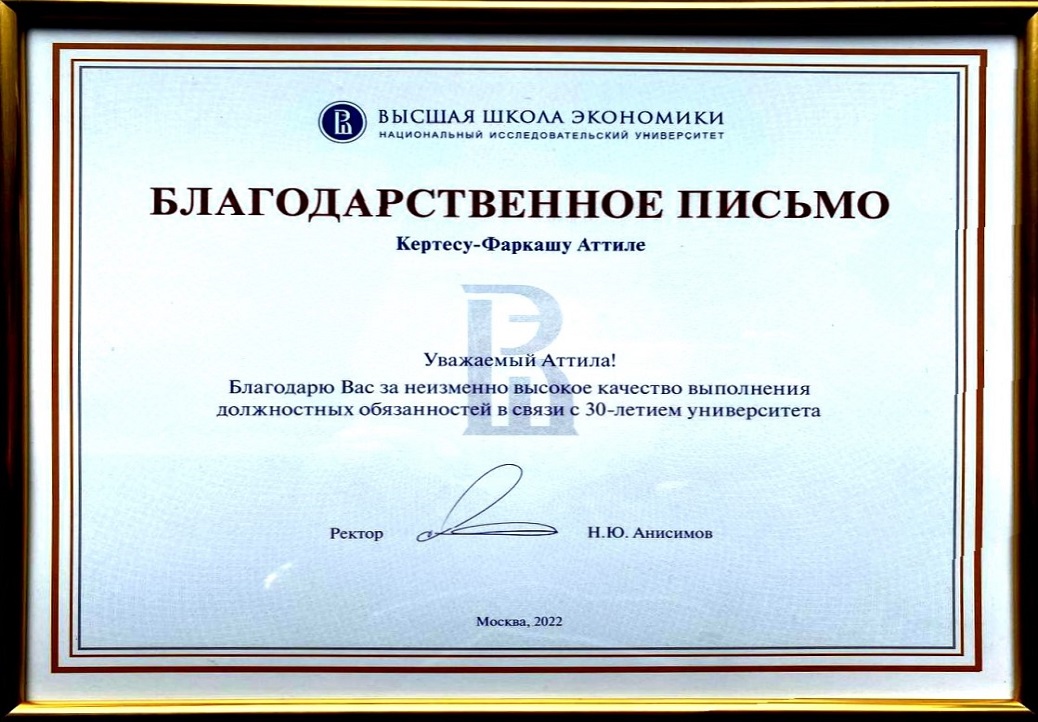
Congratulations to the Head of Laboratory on AI for Computational Biology Kertesz-Farkas Attila on receiving the well-deserved award
The head of the laboratory is presented for the award.
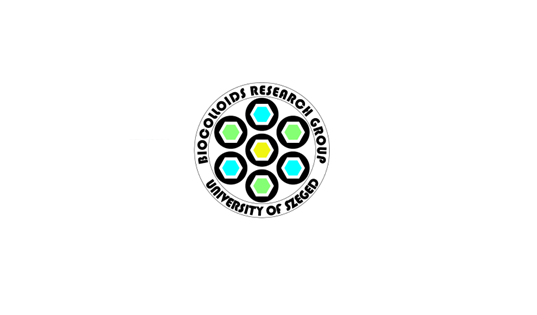
International seminar "Light scattering techniques – versatile tools to study nanoparticle dispersions"
An international seminar was held jointly with the University of Szeged.
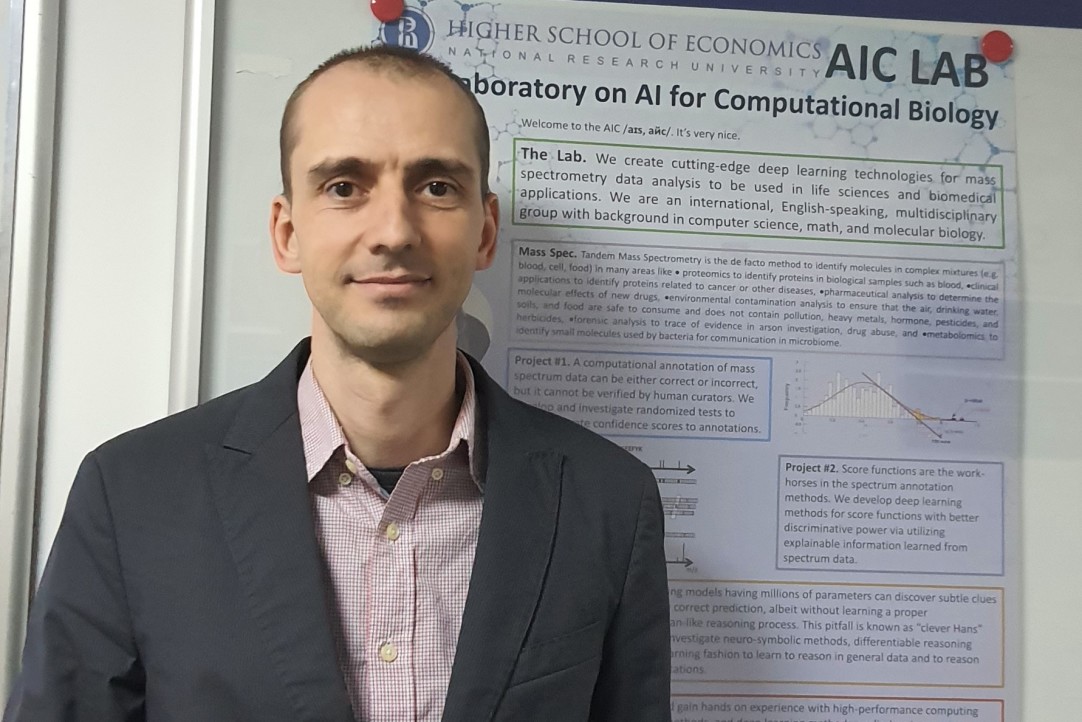
Attila Kertesz-Farkas successfully defended Doctoral Thesis
On May 19th, 2022, Attila Kertesz-Farkas defended the doctoral thesis.

Attila Kertesz-Farkas had a talk on FCS's Colloquium meeting
AIC LAB Head had a talk at traditional colloquium.
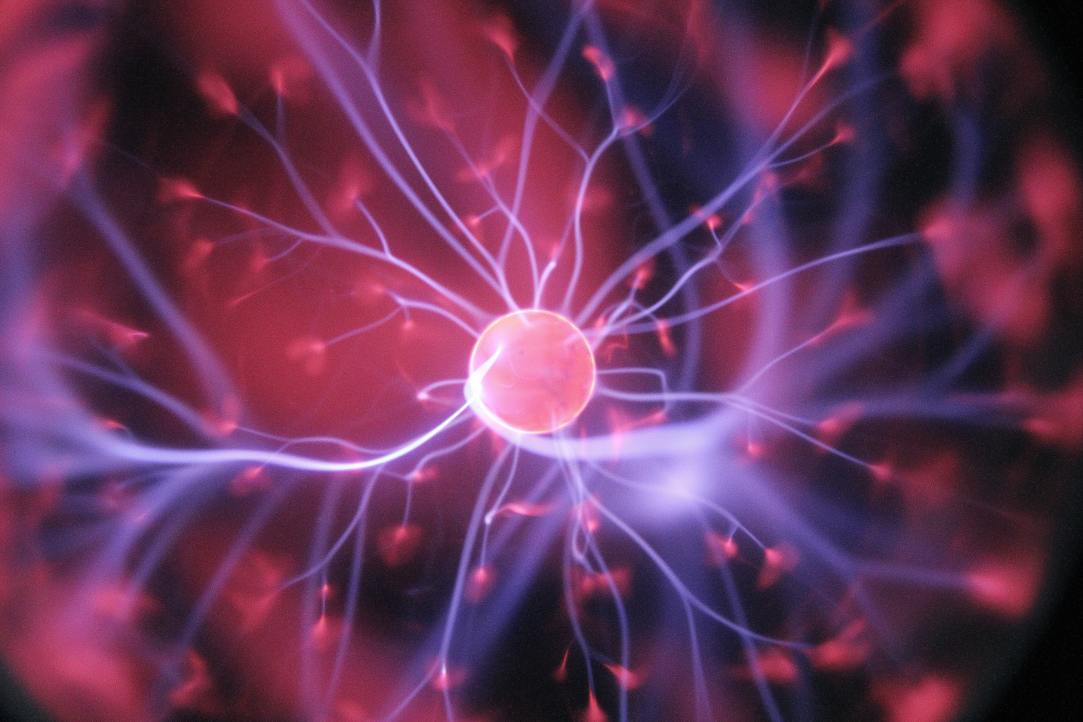
Seminar "Neuro-Symbolic approaches in Visual Question Answering problems"
The next workshop of the laboratory took place.

Seminar "Computational methods for tandem mass spectrometry data annotation"
On November 26, 2021 an online seminar was held on the results of a study by the head of the laboratory Attila Kertesz-Farkas.

